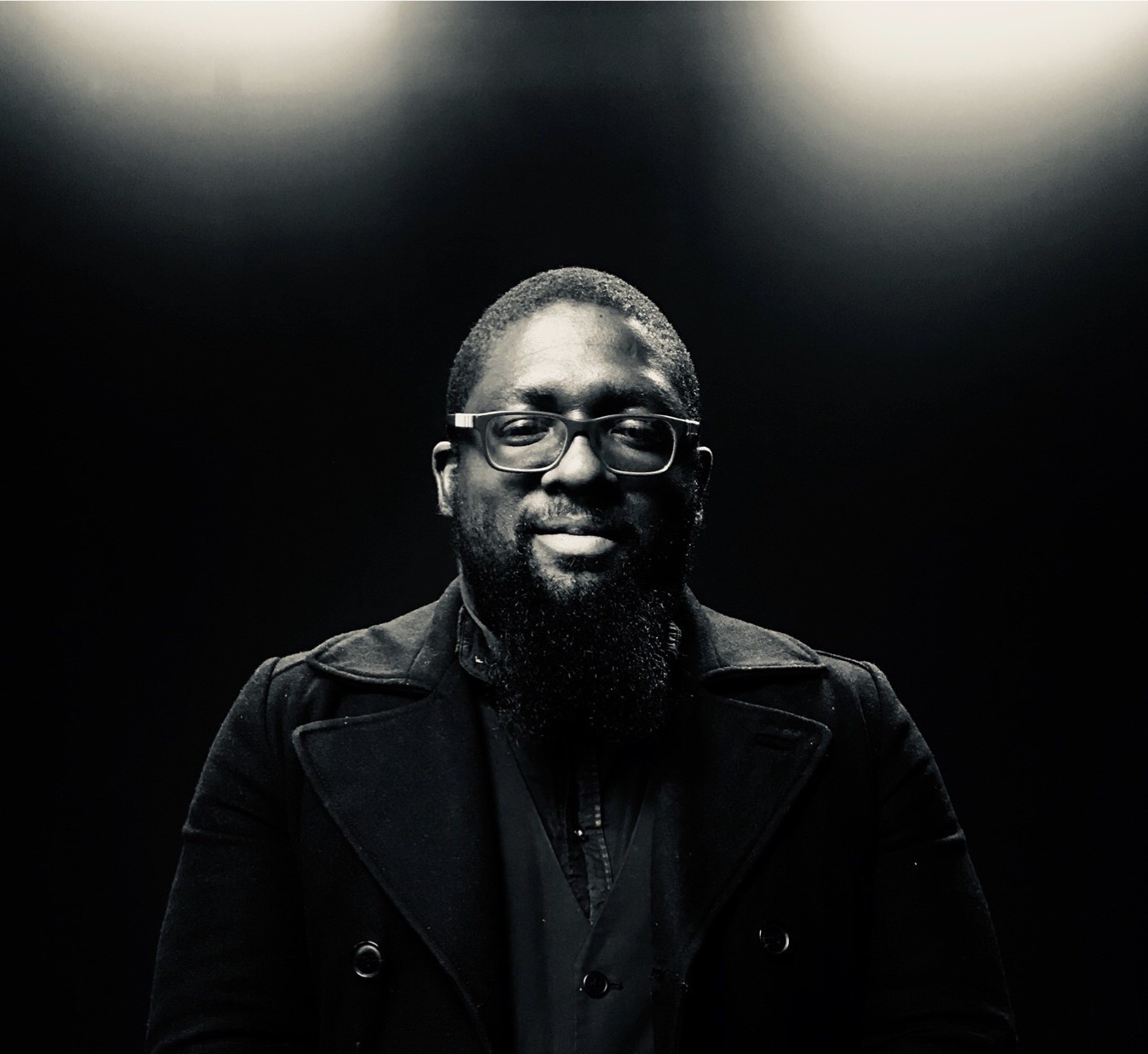Should Digital Literacy Be Its Own Classroom Subject?
Given the proliferation of technology and social media, it is time to focus on teaching digital literacy and citizenship just like any other classroom subject.

Tools and ideas to transform education. Sign up below.
You are now subscribed
Your newsletter sign-up was successful
With the amount of digital technology being used in classrooms today, digital literacy and citizenship is a more widely discussed topic now more than ever. However, it is not often taught as a separate subject despite the world being more connected through the proliferation of devices and platforms we all use on a regular basis.
So just as reading, writing, and general literacy are dedicated subjects, has the time come to intentionally designate a classroom period of the school day to specifically focus on digital citizenship and literacy?
Lisa Nielsen, Executive Director of Technology for the NYC Department of Education in Manhattan, Melissa Jacobs, Director of Library Services for the New York City School Library System and the New York City Public Schools Office of Library Services, and Tali Horowitz, East Coast Education Director at Common Sense, discuss the need for a dedicated digital citizenship/literacy curriculum.
Providing Digital Citizenship and Literacy When No One Else Is
Whether it is through a computer, a tablet, a smartwatch, or a smartphone, we are never out of reach of the internet. However, we often tend to overlook how to use our devices in a responsible, secure manner. This is especially true of grade school students.
“It’s basic life skills at this point in order to function in today’s society,” Jacobs says. “It’s not an opt-out option. It’s in everything, and when we start thinking about AI or Google, for example, you don’t have a choice in the matter. It’s required for any level of success professionally, if we’re thinking about college and careers. So I think it is incumbent upon us to set our students up for success by teaching them digital citizenship.”
But how did we arrive at this point of using so much technology without actively knowing how to use it effectively and responsibly?
“I think that a lot of people make the assumption that if you own a smartphone, you know how to navigate it, that you have the critical thinking skills, the digital citizenship skills, the inquiry skills to be able to use it,” says Jacobs. “I don’t think that’s necessarily a fact. And I think that simultaneous to being catapulted into this world where it is a part of our everyday life, we have decreased the number of pedagogues that have the skill sets to teach these things, and that have the ability to integrate these skills into curriculum.”
Tools and ideas to transform education. Sign up below.
Digital Citizenship PD and Teachers
While education follows an overarching theme of teaching and learning, there are many ways to achieve those goals. Teaching and learning digital citizenship is no different, says Nielsen, who adds that although different schools might take different approaches, the overall need for digital citizenship being formalized as a subject is still there.
“I think different school districts have different ways of thinking about where areas fit best, where subjects fit best,” Nielsen says. “That could be left up to different school divisions to decide.”
Nielsen suggests that the school librarian or media specialist could be an ideal person to teach the subject, or possibly whoever is teaching instructional technology. “Others might say ‘Have mandatory advisory periods where every teacher is teaching digital citizenship so every student is getting it,’” she adds.
What about providing professional development around digital citizenship and literacy for teachers? Horowitz says that teachers should already be taking a digital citizenship course.
“It should be a part of the teacher program,” Horowitz says. “We have a one-hour, self-paced course called Modeling Healthy Digital Habits, and this is for educators. Not for them teaching digital citizenship, but for them just leading the digital model.”
Common Sense offers other on-demand classes for getting experience in digital citizenship, Horowitz says. “You can become a Common Sense Recognized Educator.”
Teaching digital citizenship in school is a topic we cannot ignore, and there are some who are taking up the mantle and leading the charge on educating both students and teachers on the responsible use of digital tools and devices inside and outside the classroom.

Michael Millington is a senior staff writer for Tech & Learning. A writer and editor with over a decade of experience, his focus on bringing actionable information to those in need is the driving force behind his work. When not researching new advancements in technology, Michael likes to practice his Italian and train his dog Cyril.
